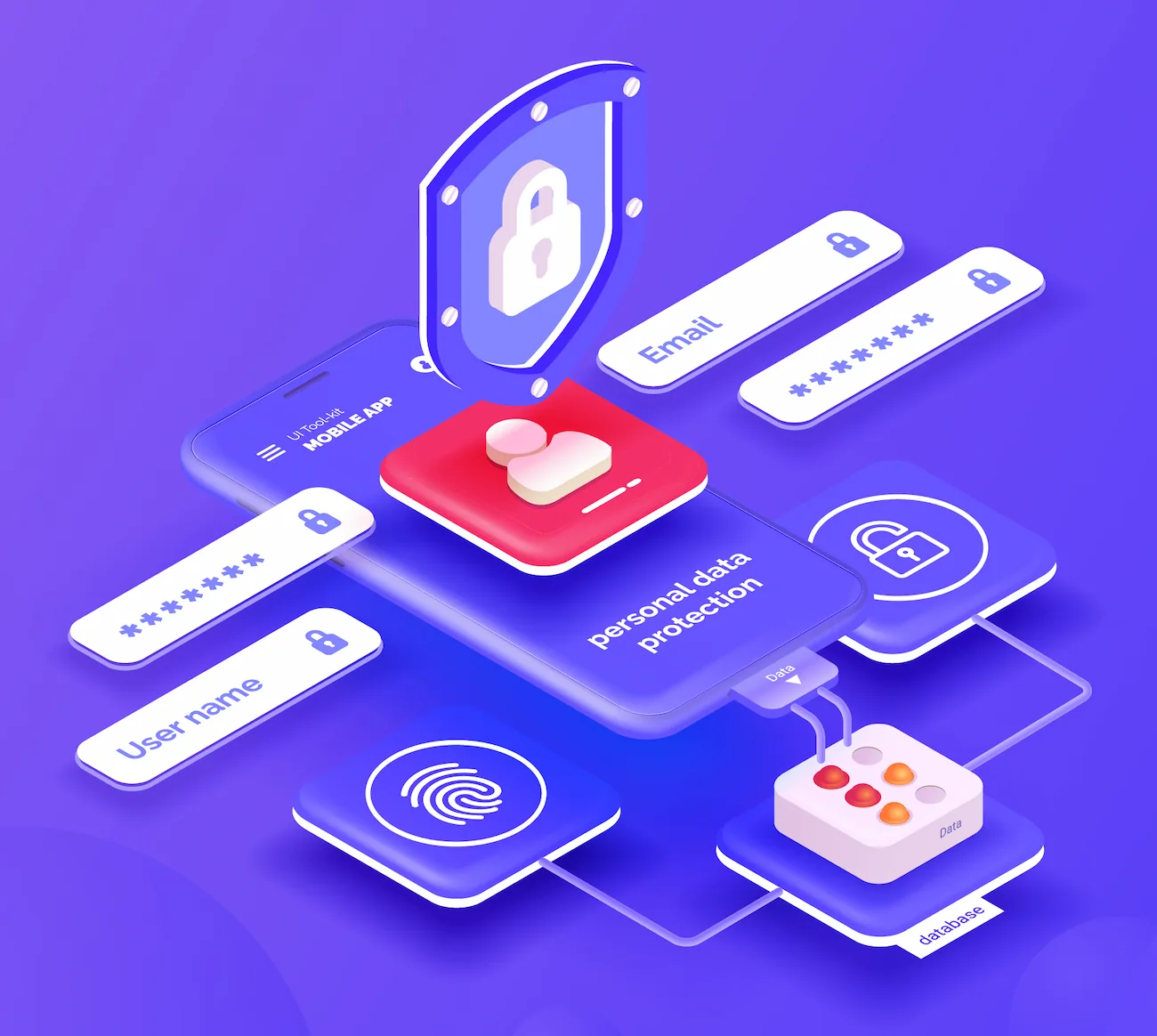Decentralised Identity Registry
The internet’s account model is broken. TBD’s lead, Mike Brock, describes this issue as follows:
The great power and potential of the internet has always been the democratization of access to information. This power has unleashed a torrent of innovation and fundamentally changed our world. But the account model of the internet is broken. The way we authenticate and verify ourselves on the internet has actually become increasingly centralized. Our identity on the internet is represented by a small handful of very large companies. This model serves the interests of centralized platforms but it doesn’t serve the interest of individuals in terms of the privacy and control they must give up or the labyrinths of passwords and logins they need to remember to manage their accounts. [...] Identity verification is one of the largest intractable problems for gaining access for the financially marginalized.
The solution to this dilemma is decentralised identity. A fairly new technology called Decentralized Identifiers (DIDs) enables exactly this. It originates from the self-sovereign identity (SSI) approach.
Wikipedia defines SSI as:
Self-sovereign identity (SSI) is an approach to digital identity that gives individuals control over the information they use to prove who they are to websites, services, and applications across the web. For individuals to have persistent accounts (identities) across the internet, they rely on a number of large identity providers, such as Facebook (Facebook Connect) and Google (Google Sign-In), that have control of the information associated with their identity. If the user chooses not to use a large identity provider then they create new accounts with each individual service provider, which fragments their web experiences. Alternatively, in a self-sovereign identity system, the user exists independently from services, which enables them to access services in a streamlined and secure manner while maintaining control over the information associated with their identity.
Decentralised Identifiers intend to address the issues of centralisation, surveillance, and control of personal information that currently exist with large centralised identity providers. Their purpose is to provide a decentralised solution that empowers individuals to have control over their own identity and personal data.

The World Wide Web Consortium’s (W3C) own definition of DIDs is: A new tool to empower everyone on the web with privacy-respecting online identity and consent-based data sharing.
Here are some quotes from what others are saying about this new technology.
Decentralized Identifiers …
- “enable personal information to be protected, privacy to be preserved, and trust to be established at a scale that has never been possible before”
- “open a new world for individuals to share personal data (credentials) while protecting their privacy”
- “empower individuals to control their own identity and how it is used”
- “will be critical in bringing about an evolution of the Web platform that equips individuals to own and control their identifiers, personal data, and every facet of their digital interactions”
- “are an essential first step toward empowering individuals to engage peers, institutions and service providers without having to trade platform surveillance for convenience”
According to Digital Bazaar, DIDs have a variety of applications, including:
- Retail: Age Verification, Digital Offers, Loyalty
- Supply Chain: Customer Identity, Track and Trace, Secure Data Sharing
- Education: Learner Records, Degrees, Transcripts
- Healthcare: Medical Records, Healthcare Identifiers
- Government: Citizen Identity, Driver’s Licence, Biometric IDs
- Finance: Know Your Customer, Money Transfer, Financial Docs
As can be deduced from these examples, this is highly sensitive personal data. As a result, it would be a significant improvement if individuals were the actual owners of their personal data and had the ability to determine who can access and use this information.
For readers interested in a deep dive into decentralised identity and DIDs, we highly recommend The Keys to Decentralized Identity presentation by Jared Hanson (Okta).